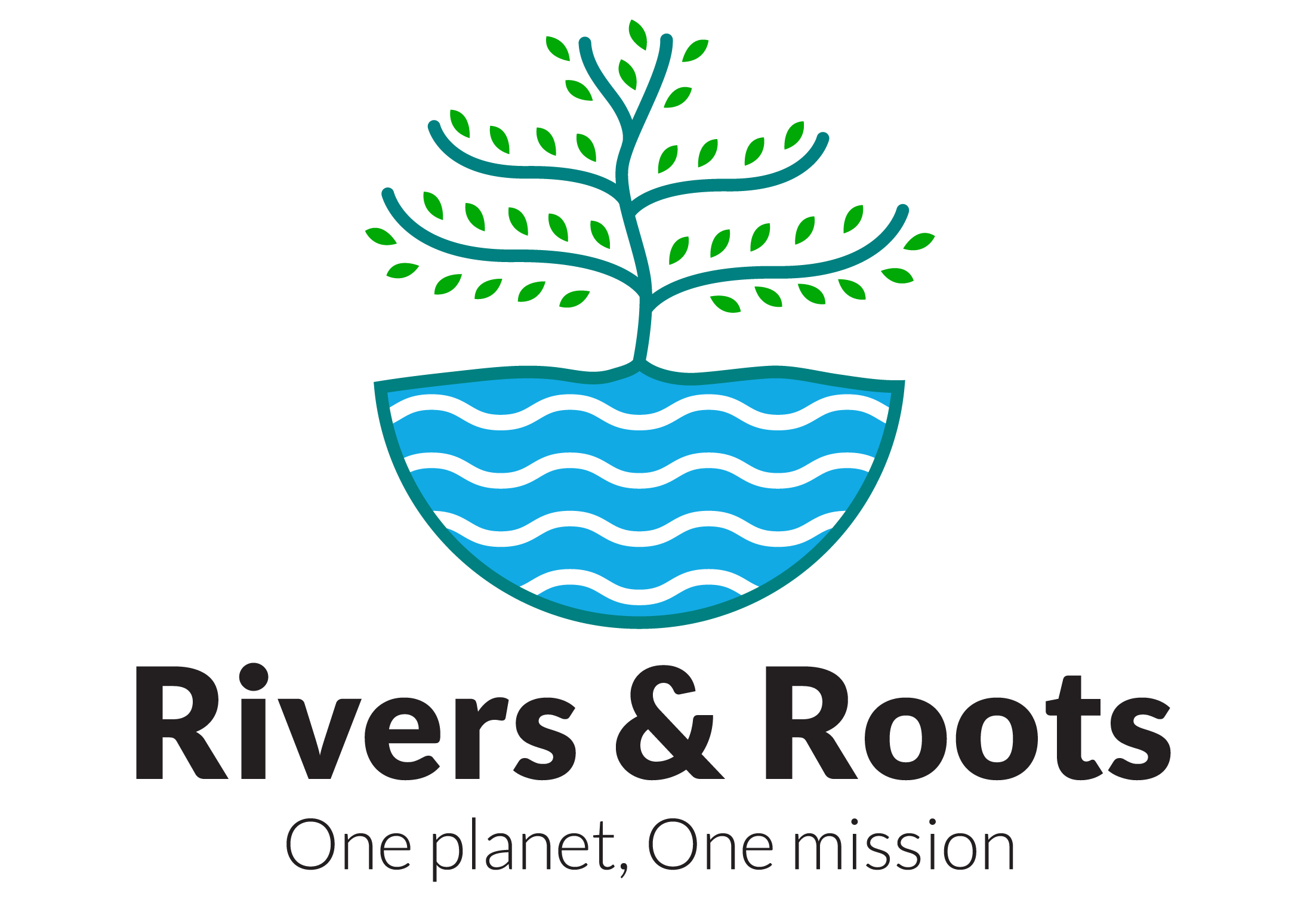
“I envision transforming Nepal into a global leader in sustainability, proving to the world that when our priorities are aligned, we can achieve remarkable progress.”
– Pravaek Pradhan
Pravaek Pradhan’s journey as a visionary environmental leader is deeply rooted in his passion for creating sustainable solutions for his homeland, Nepal. The founding of Rivers & Roots, a non-profit organization dedicated to waste reduction, river restoration, and environmental education, is the culmination of years of personal dedication, hands-on experience, and a deep desire to address Nepal’s pressing environmental challenges.
From an early age, he was captivated by the beauty of Nepal’s landscapes. However, as he grew older, he became acutely aware of the stark environmental realities facing his country—polluted rivers, mounting waste, and deteriorating air quality. These issues were not merely abstract concepts to him; they were lived experiences. The inspiration for Rivers & Roots came from his recognition that while Nepal is rich in natural beauty, it is simultaneously plagued by environmental degradation that threatens both its ecosystems and its people.
His formative years were marked by curiosity and experimentation, particularly in his exploration of aquaponics—a self-sustaining system that balances aquatic and plant life. This early interest in natural systems inspired his later work, as he saw the potential for nature-based solutions to combat large-scale environmental issues. His personal and academic journey led him to develop a clear vision: to harness the power of community-based initiatives and sustainable practices to restore Nepal’s environment.
With this vision in mind, he founded Rivers & Roots, a grassroots organization with a mission to address one of Nepal’s most pressing problems—river pollution. The idea was simple yet profound: intercept waste in rivers before it flows downstream and educate communities on the importance of waste reduction. Drawing inspiration from Sungai Watch’s floating barriers in Indonesia, he sought to implement similar technologies in the Bagmati River, one of Nepal’s most polluted waterways.
He founded Rivers & Roots while working full-time as an Air Quality Engineer at Mostardi Platt in the USA. This dual commitment posed unique challenges, as he had to balance the demands of his day job with managing long-distance meetings and operations back in Nepal. The difficulty of coordinating strategic efforts across different time zones, while also fulfilling his professional responsibilities in the USA, tested his leadership and time-management skills. Despite the logistical hurdles, he remained steadfast in his mission, demonstrating unwavering dedication to both his professional career and his environmental cause.
Moreover, he had to navigate logistical hurdles, bureaucratic red tape, and limited resources. However, his determination and resilience never wavered. From securing strategic partnerships with local stakeholders to refining waste interception strategies, he demonstrated the leadership and adaptability needed to bring his vision to life. Rivers & Roots eventually moved into its testing phase, marking a significant milestone in the organization’s efforts to restore the health of Nepal’s environmental sector.
Yet, he knew that true environmental change required more than just waste interception; it required education and community involvement. With this in mind, he expanded Rivers & Roots’ focus to include environmental education initiatives in local schools. One of the organization’s most impactful projects was the Future Star High School initiative, where students were encouraged to exchange recyclable materials for school supplies. This program not only reduced waste but also empowered students to take ownership of their environment. Within just one month, over 230 kilograms of materials were recycled, demonstrating the tangible impact of community engagement.


His work with schools didn’t stop there. Rivers & Roots established environmental clubs in several schools, fostering a culture of sustainability among students. These clubs organized activities such as recycling competitions, tree planting drives, and waste management workshops. By empowering young people to take action, he ensured that environmental stewardship became a lifelong value for the next generation.
One of the most remarkable aspects of his leadership is his focus on collaboration and inclusivity. He understands that environmental issues cannot be solved in isolation; they require the collective effort of communities, organizations, and governments. Through Rivers & Roots, he has created a platform where different stakeholders can come together to address shared environmental concerns. Whether through school partnerships, local government collaboration, or alliances with environmental organizations, he has consistently sought out opportunities to broaden the impact of his work.
As the founder of Rivers & Roots, his contributions extend far beyond the projects he has spearheaded. His leadership philosophy is one of empowerment—he believes that by equipping individuals with the knowledge and tools to make a difference, lasting change can be achieved. This philosophy is evident in every aspect of his work, from the environmental clubs he has established in schools to the eco-brick recycling plant that is transforming waste into sustainable resources.
His contributions to Rivers & Roots and the broader environmental movement in Nepal have already made a significant impact, but his work is far from over. His vision for the future is one of continued innovation and growth. He is committed to expanding the reach of Rivers & Roots, developing new technologies for waste reduction, and fostering a culture of environmental stewardship across Nepal.
In order to further elevate and expand his work in Nepal, Pravaek has been admitted to Columbia University’s Master of Science in Sustainability Management (SUMA) program. This prestigious program will equip him with advanced knowledge and skills in sustainability that will enable him to scale Rivers & Roots’ initiatives and implement more innovative waste reduction strategies. The expertise gained at Columbia will allow him to amplify his impact in Nepal, develop cutting-edge technologies, and foster a culture of environmental stewardship across the country.
His contributions to Rivers & Roots and the broader environmental movement in Nepal have already made a significant impact, but his work is far from over. His vision for the future is one of continued innovation and growth. He is committed to expanding the reach of Rivers & Roots, developing new technologies for waste reduction, and fostering a culture of environmental stewardship across Nepal.



